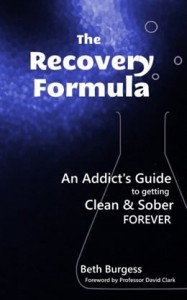 “Just because you got the monkey off your back, doesn’t mean the circus has left town” George Carlin, comedian and author.
“Just because you got the monkey off your back, doesn’t mean the circus has left town” George Carlin, comedian and author.
Getting sober and drug-free is hard enough for most of us, but staying that way is a challenge. The evidence is that many people coming out of abstinence-oriented treatment will relapse in the first year and most of them in the first few weeks. Recovery initiation, the start of the journey, is just that: a beginning. In the past, we’ve treated it like the main event and had little thought for what happens next.
The circus may not have left town, but there are ways to avoid ending up in a ringside seat and having that pesky monkey trouble you again. These things are the tools of recovery. There are plenty of them and we need to find the ones that work for us. Some however are more reliable than others according to the evidence we have. Here are my own top five tools:

 Here’s an interesting Wired In To Recovery blog from David McCartney from September 2013 about the importance of social relationships.
Here’s an interesting Wired In To Recovery blog from David McCartney from September 2013 about the importance of social relationships.



 Peapod was one of the most prolific and respected bloggers on Wired In To Recovery before going into ‘retirement’.
Peapod was one of the most prolific and respected bloggers on Wired In To Recovery before going into ‘retirement’.


